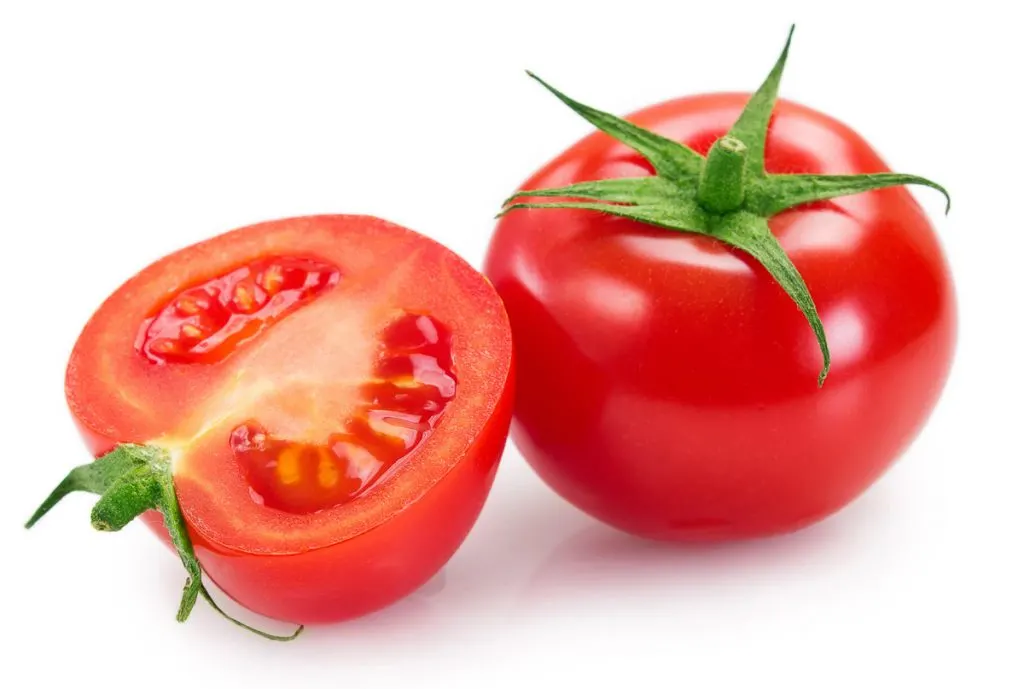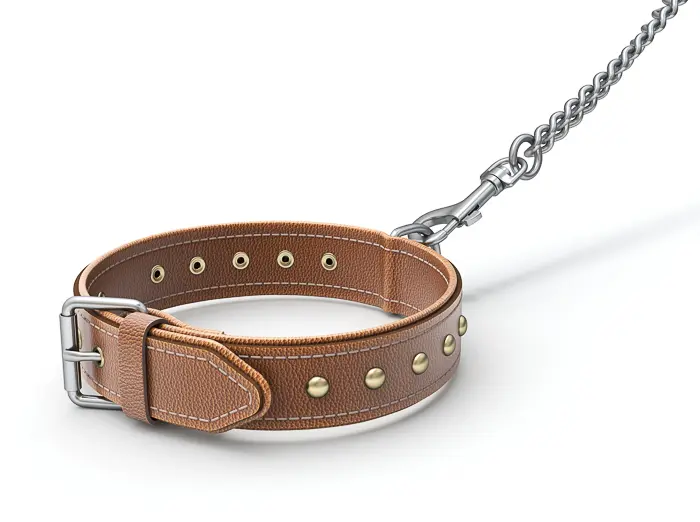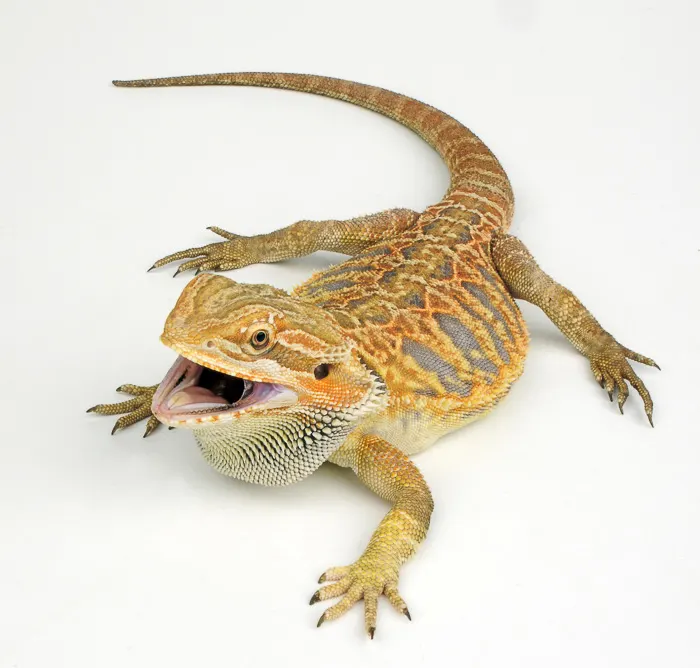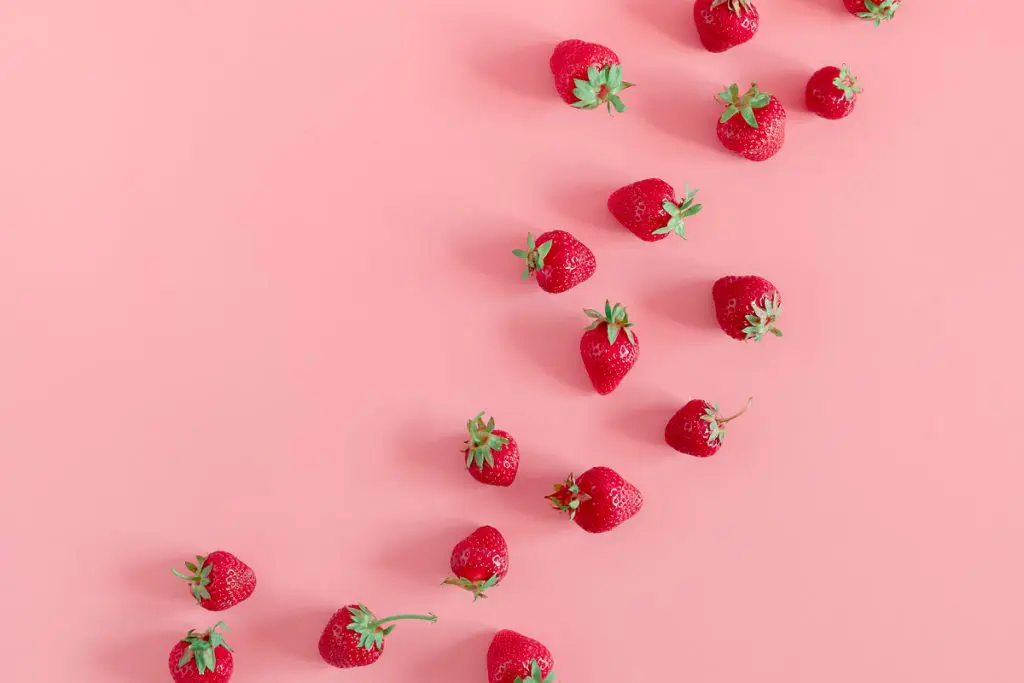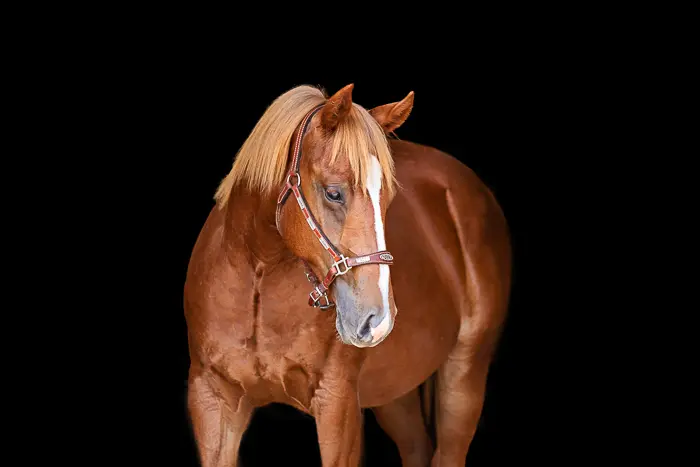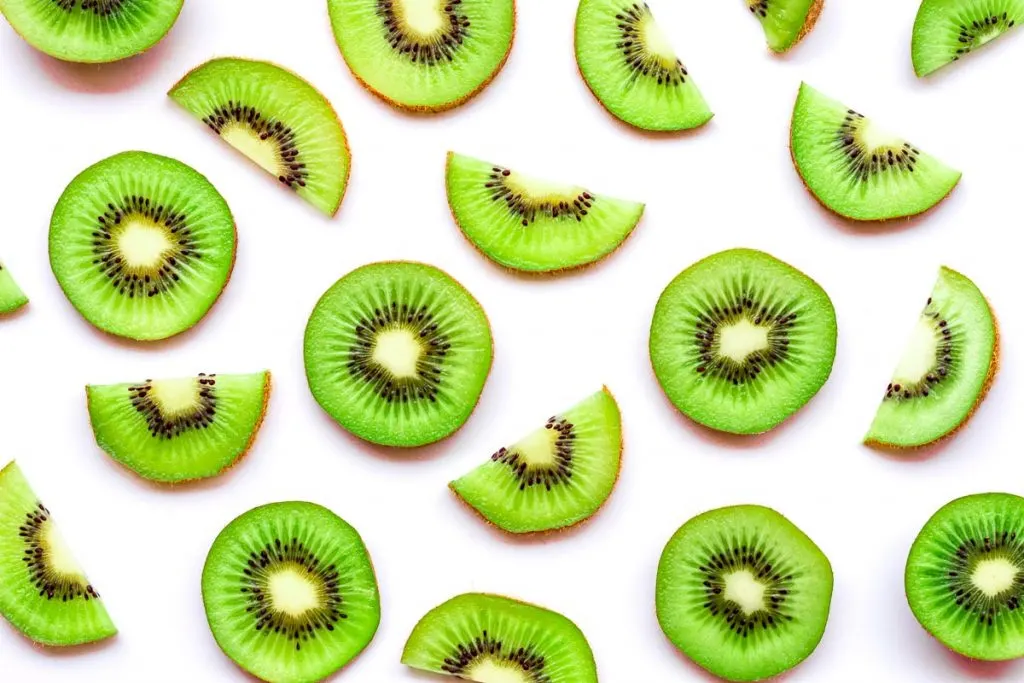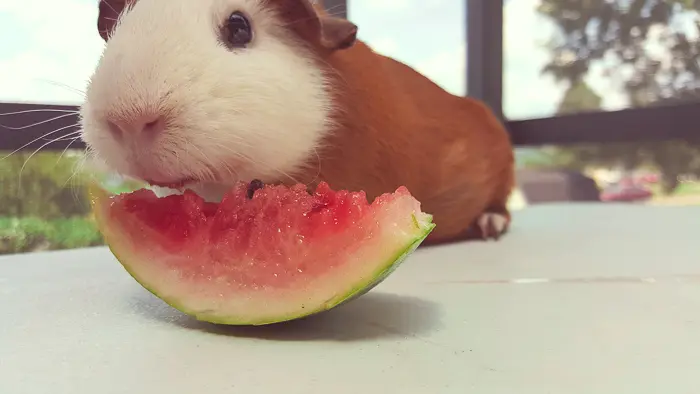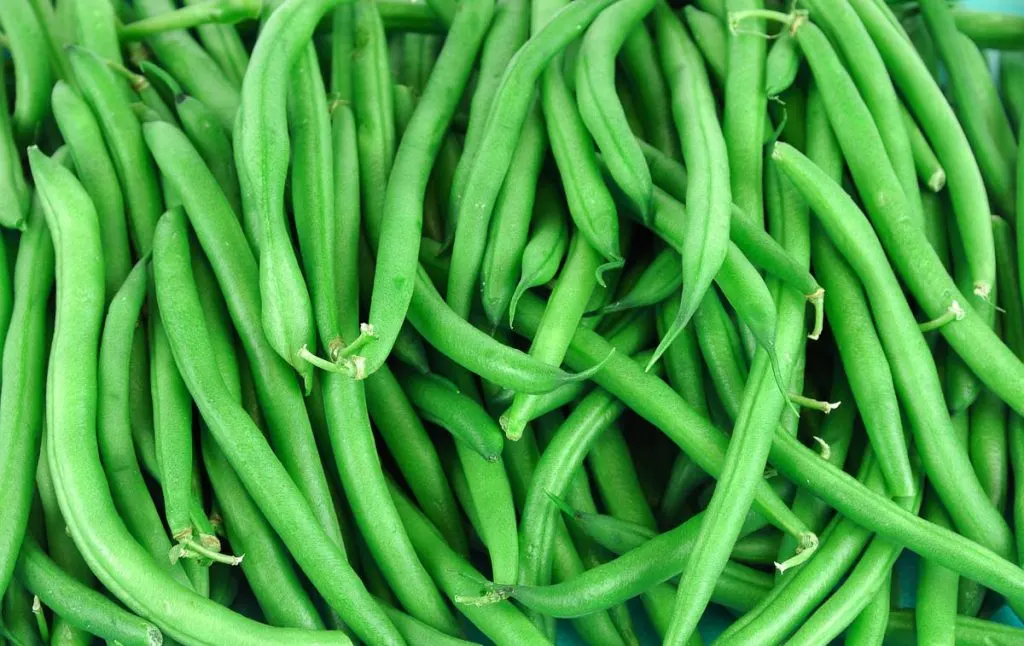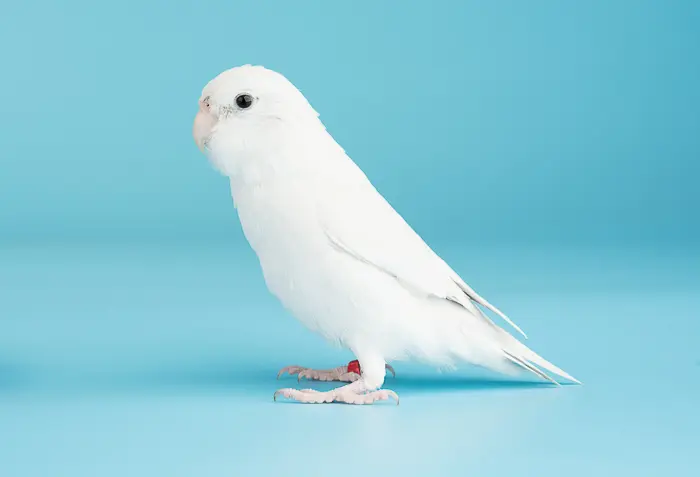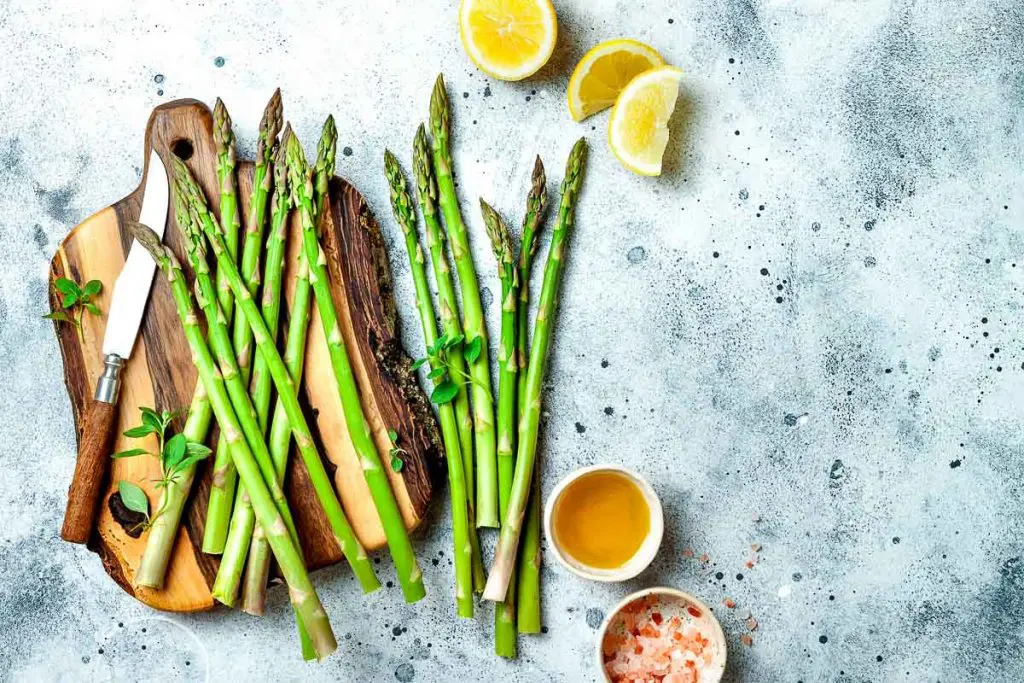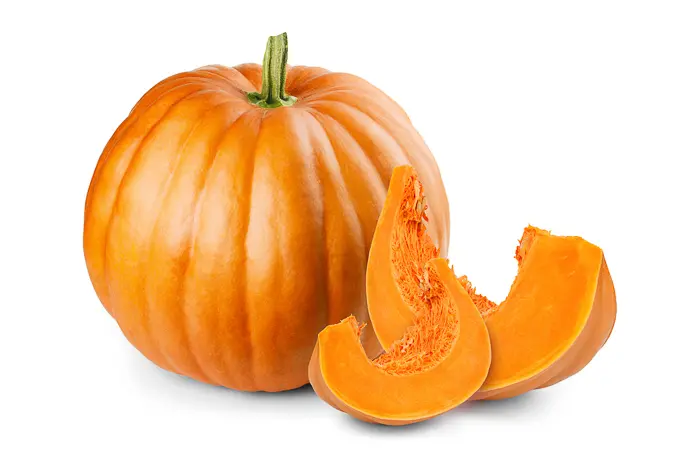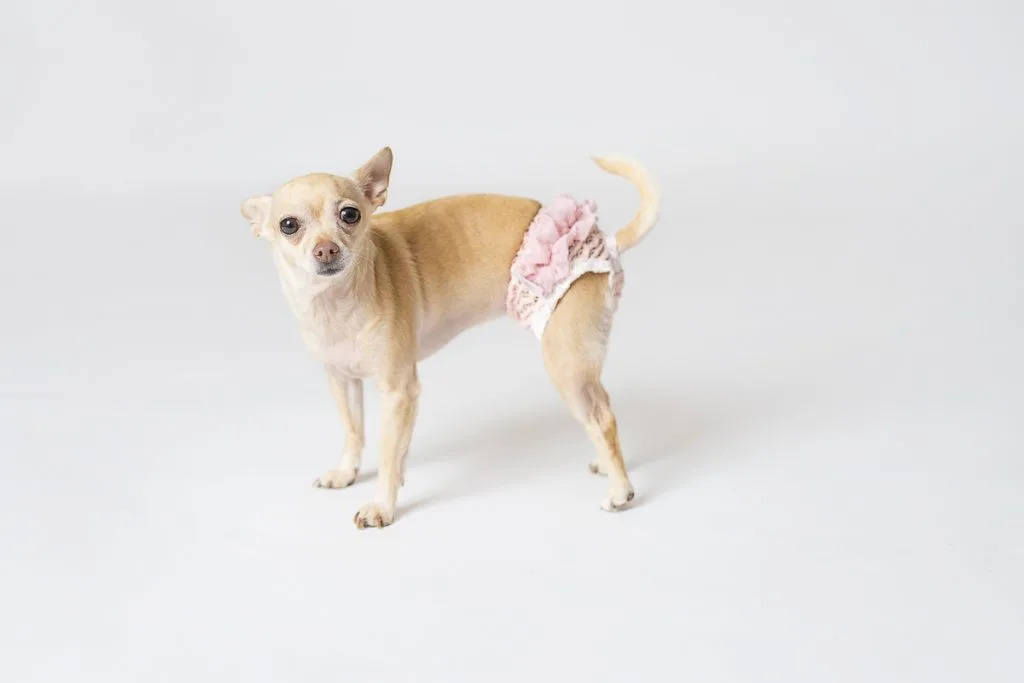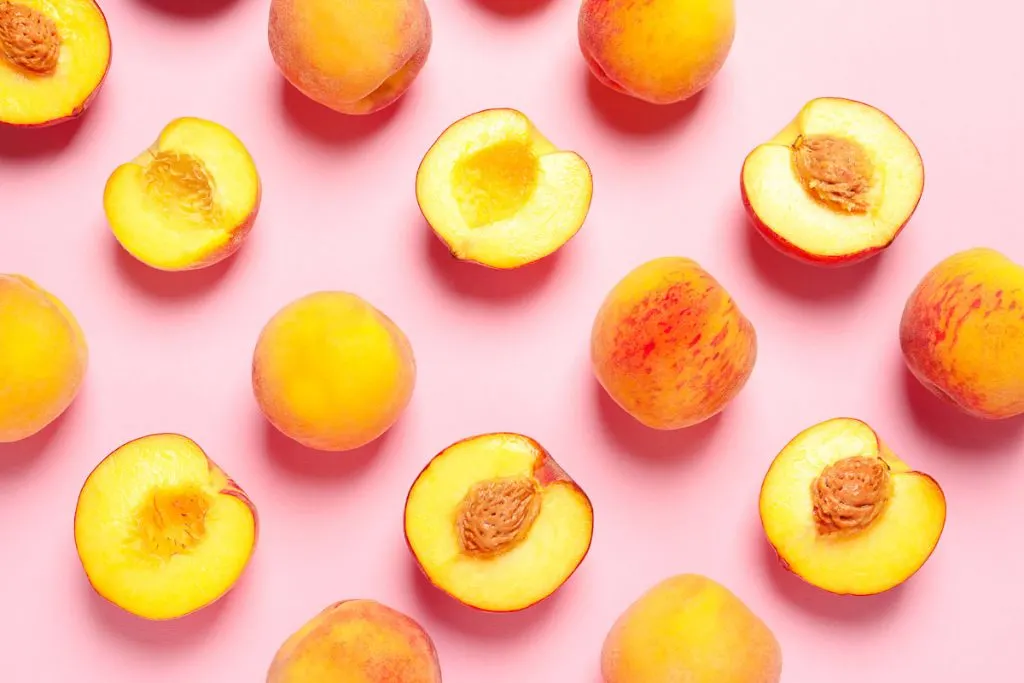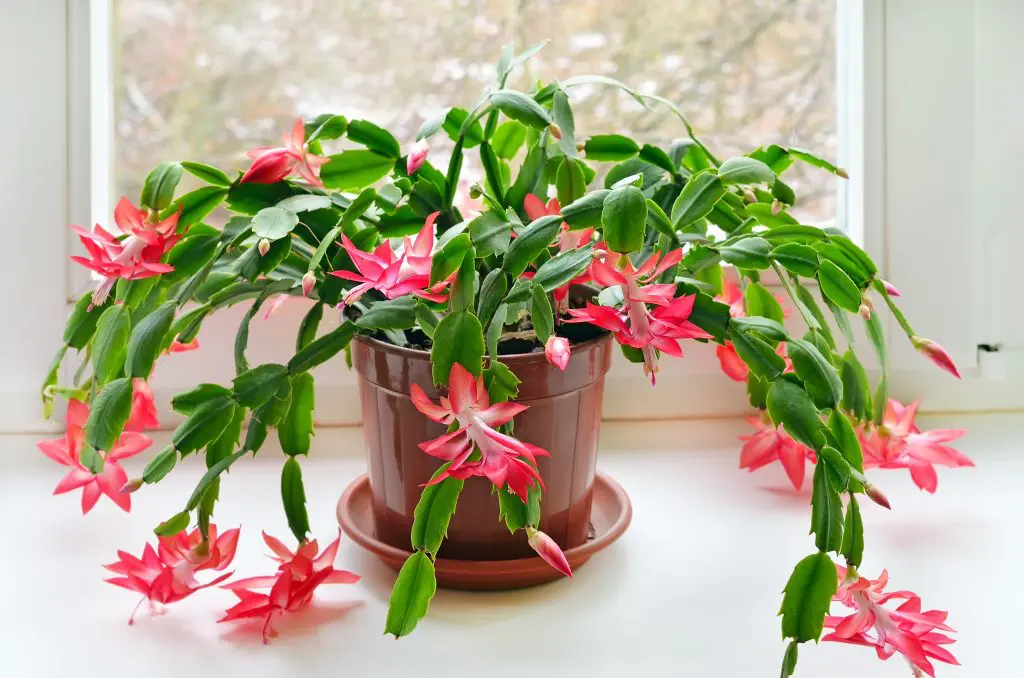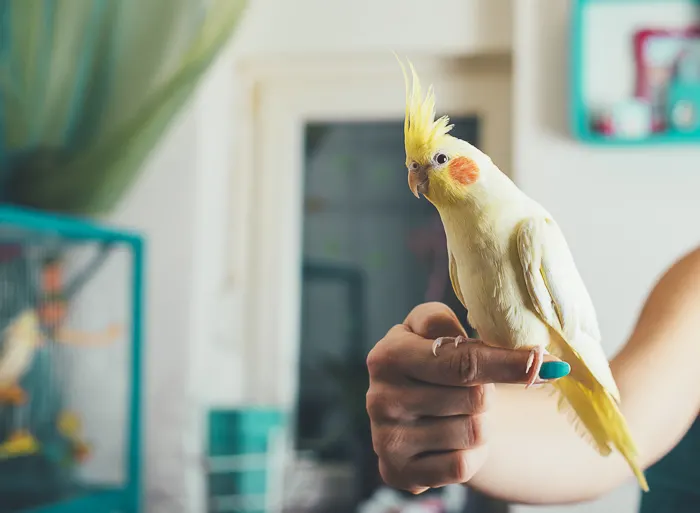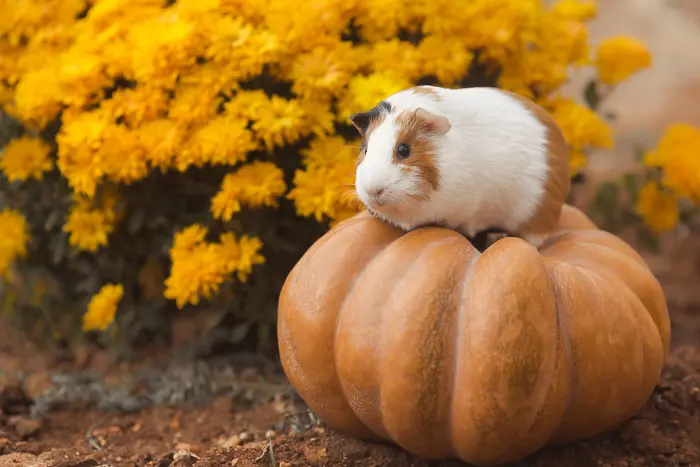Most rabbits LOVE vegetable snacks and it's just so easy to give them a piece of whatever human food you are snacking on too. However, there are some foods that are safe for humans, but can be harmful to your pet bunny. One common food, leeks, are often in question: Can rabbits eat leeks safely?
Dr. Jess explains the answer below:
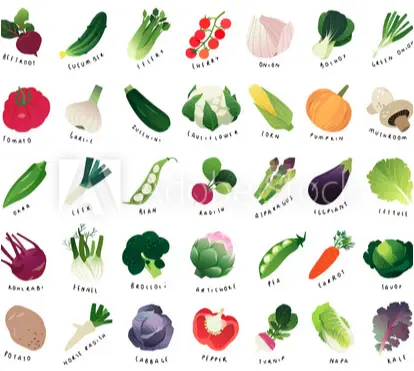
Check out whether rabbits can eat tomatoes here!
Rabbits and bunnies are small mammals that hop around from place to place, that come in many colors, shapes, and sizes.
They have long incisors (front teeth) that are constantly growing and needing to be filed either naturally or by the help of some intervention, both discussed further into this article.
What Do Rabbits Need From a Healthy Diet?
A well-balanced rabbit diet will need to deliver a multitude of things to the bunny ingesting it.
Just like humans, rabbits need the right combination of nutrients, vitamins, minerals, and water to keep their organs working and functioning properly.
However, the daily nutritional requirements for a rabbit differ quite greatly from that of a human, and that is reflected in the common diet that most healthy and happy pet rabbits eat.
What Does a Typical Rabbit Diet Consist of?
An adult rabbit's main source of food in their diet should come mostly from high-quality hay.
Hay is a forage that is low in calories and high in fiber, easy on the rabbit's digestive system.
Other pieces of the rabbit's diet may include commercial pellets and/or treats and snacks such as fruits and vegetables.
However, not all fruits and vegetables are safe for your bunny to have.
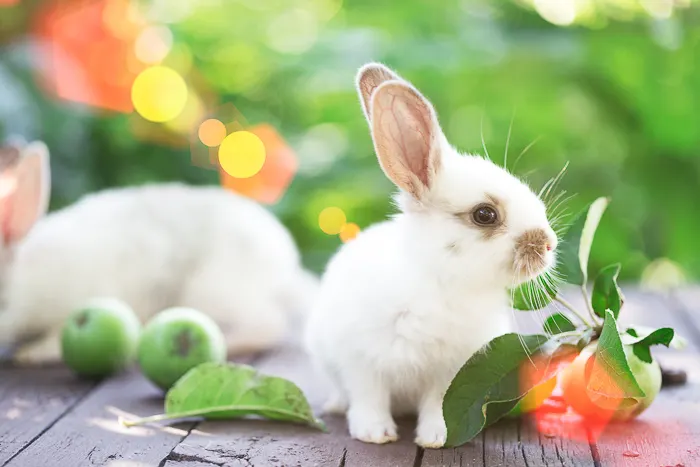
Let's Talk Leeks…
Leeks are a vegetable that is related to onions, garlic, and chives.
They have an edible stalk that is safe for human consumption. People commonly describe their flavor as having a light onion type taste.
Many cooks around the world use leeks, both raw and cooked, in their recipes, including in soups, stews, salads, and accompanying potatoes.
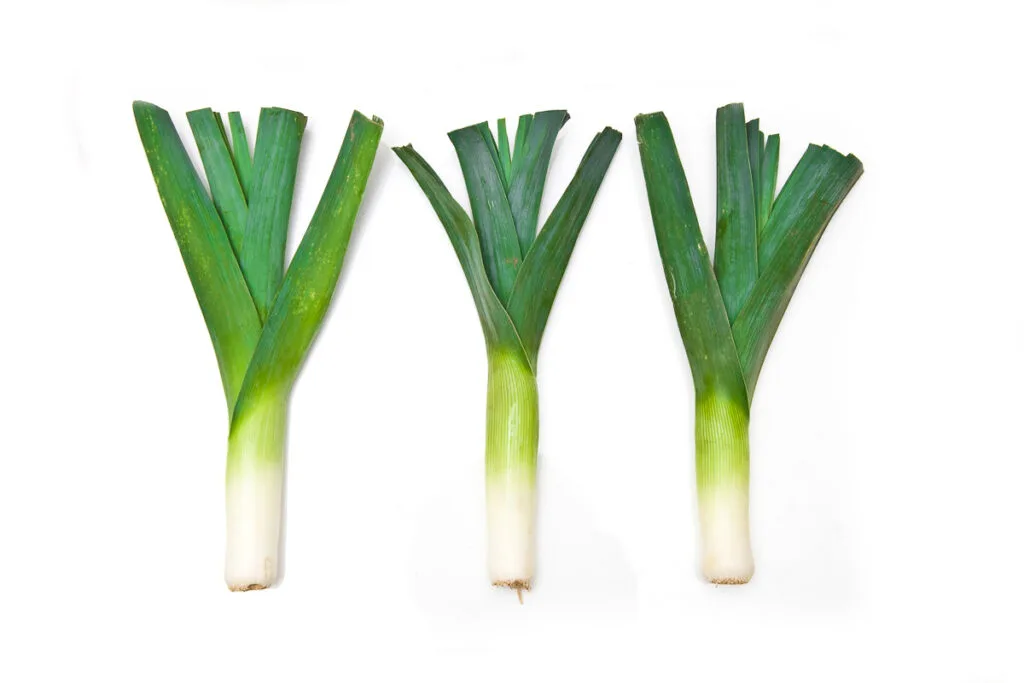
Leek Nutrition:
Healthline.com states that leeks:
“Leeks are nutrient-dense, meaning that they’re low in calories yet high in vitamins and minerals.”
https://www.healthline.com/nutrition/leek-benefits#TOC_TITLE_HDR_2
- Lower AND Higher Nutrient Contents: High in good things like water and fiber, and lower in things that could be harmful, such as fat and calories [source]!
- Inflammation/Antioxidants: Studies show that leeks are a source of flavonoids, a type of antioxidant, which are anti-inflammatory compounds that help in fighting against inflammation.
- Vitamins: A leek contains vitamin C and K. Rabbits need vitamins to stay healthy and to allow their bodies to function properly. Vitamin C helps bunnies stay safe and adequately protected from diseases and strengthens their immune system and they require this vitamin in their diet to stay healthy. Vitamin K is important in bone strength and blood clotting.
Can Rabbits Eat Leeks?
After learning about some of the health benefits that leeks have for humans, wouldn't it be nice it you knew that you could safely feed it to your rabbit?
Well, you definitely should not…. not even in moderation. They CAN eat leeks, but they should never eat leeks!
That's right, feeding a small amount of leek, even as a treat, to your rabbit on occasion is not recommended!
Are Leeks Harmful to Rabbits?
We should definitely try to understand the risks involved, if we do feed our pets leeks.
I'll start by saying that leeks can be quite harmful.
Remember that too much leek fed to these little buddies can give them side effects like an upset stomach, gas, bloating, and diarrhea. Leeks can even be toxic to rabbits.
This can lead to a multitude of problems including things like dehydration and electrolyte imbalances that could impart a trip to the veterinary clinic for your pocket pet vet to fix.
Here are three factors to keep in mind:
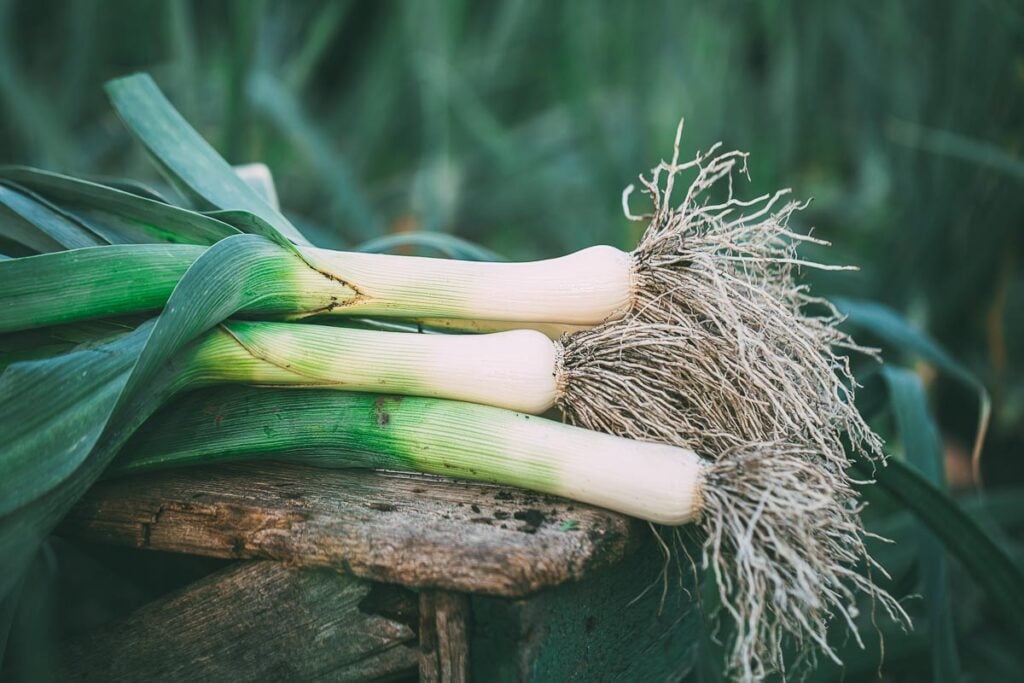
Harmful Reason #1: Toxic Sulfides
That's right. Leeks contain sulfides, which are toxic to rabbits in large enough quantities. It can cause things like anemia, and can lead to death eventually.
This fact right here, should be enough in itself, to prove to you, that your rabbit should not be fed leeks.
Harmful Reason #2: Loose Stool/Diarrhea
Too much of any fruit or vegetable can produce hypermotile, or increased movement, of one's digestive tract.
Some rabbits are more sensitive to additional foods or changes in their diets, so they are more likely to have loose stool and in some cases, full-blown diarrhea.
Other bunnies will not be impacted by any additional changes in their diets.
Harmful Reason #3: Allergic Reaction to Leeks
A rabbit can develop an intolerance or an allergy to any food, so there is always the possibility that your pet is allergic to leeks.
If you suspect your rabbit is allergic to leeks do NOT feed this food to your pet.
If your rabbit is allergic to leeks and accidentally ingests it, go to your nearest animal emergency room immediately.
When this happens, the attack sets off a hypersensitivity reaction and can result in any of the following symptoms:
Common symptoms of adverse/allergic reaction to food:
- Nausea/vomiting
- Diarrhea
- Itching/Increased grooming
- Fever
- Lethargy
- etc.
How About Cooked leeks?
No, you should never feed your rabbit cooked leeks.
A rabbit's digestive system is not built to handle or digest cooked vegetables properly. This can lead to major issues for your rabbit's gastrointestinal system.
Never feed your bunny cooked vegetables, cooked leeks included.
Summary:
Rabbits should not be fed leeks of any kind, preparation, or quantity.
Too much leek can cause a multitude of health problems for your bunny.
Do not feed immature rabbits or rabbits with underlying health conditions leeks even as a treat.
If you have concerns regarding feeding your rabbit leeks, contact your local veterinarian beforehand.
Article Resources:
- Oglesbee B. The 5 Minute Veterinary Consults Ferret and Rabbit, Blackwell 2006
- Rabbit Care

![[Vet Explains Pets]](https://vetexplainspets.com/wp-content/uploads/2024/09/cropped-vetlogo-199x66.png)



